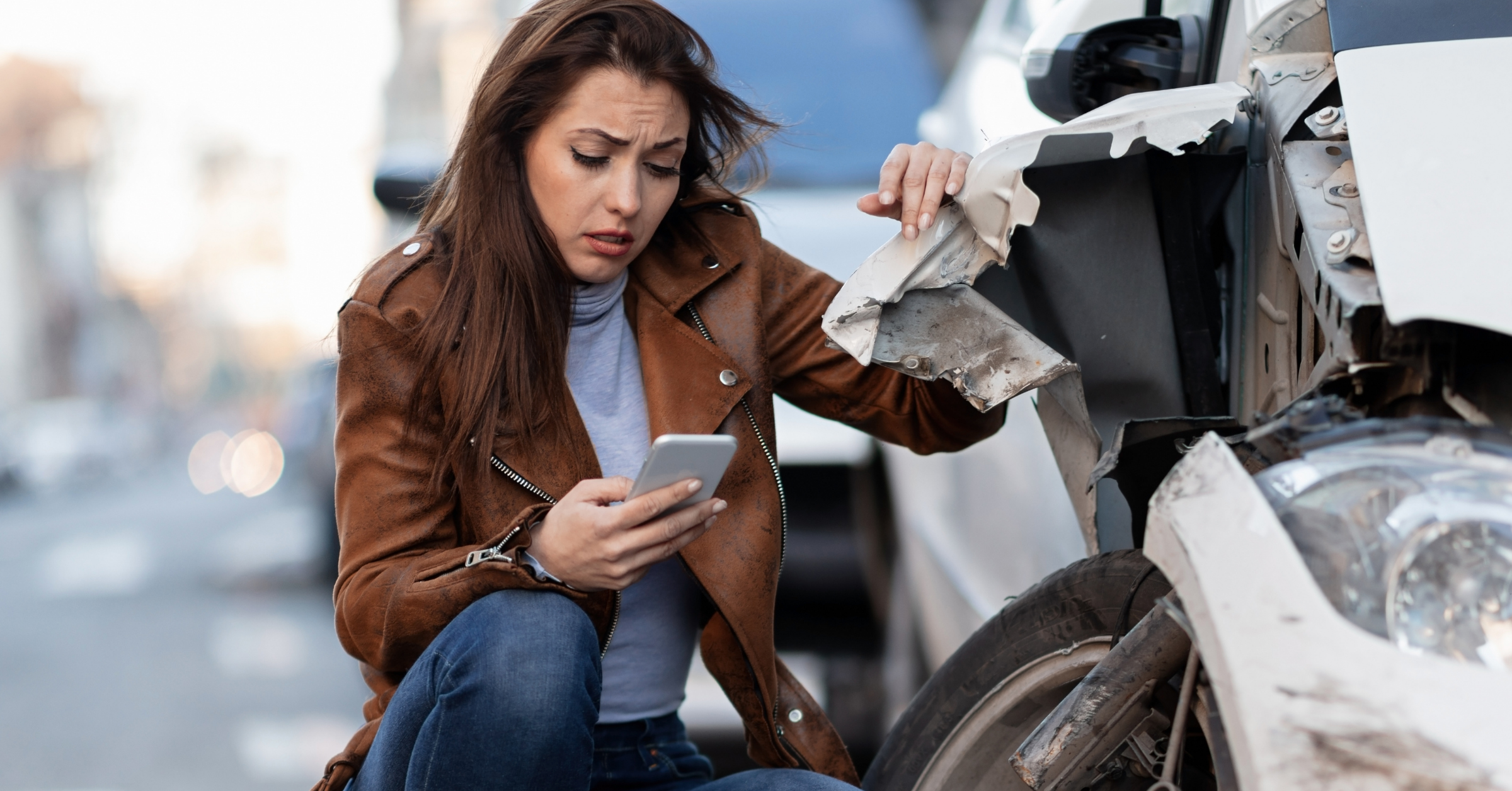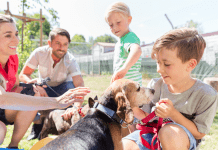Typically, teen drivers are often the most at-risk for car accidents, but a crash can happen to any driver. When I was a teen, I had two fender benders within the same year. Car accidents can happen for a number of reasons: mechanical issues, distracted driving, or even poor weather can lead to fender benders or serious crashes. While some accidents are minor, others can leave drivers and passengers with devastating injuries or worse. So, what should you do after a car accident?
As of December 2021, it had been more than 15 years since I’d been in a car accident. I contribute most of this to limiting my driving by car pooling to school or work. In recent years, I’ve had the luxury of working from home so I’ve been able to reduce the mileage placed on my car. Not to mention, the pandemic forcing us to stay home over the last two years, my driving time and odds of having a car accident significantly reduced.
But… My odds caught up to me this past holiday season when my vehicle was hit by another while turning into a shopping center. She had run a red light and slammed right into the front passenger side of my 6 month old Kia Telluride. Inside my vehicle, I had both of my girls in the back seats and my husband sitting behind me. We like to have one of us parents sitting in the back with the girls to help occupy them during car rides. Inside the other car, the driver was a mother of two girls whom were sitting in the back seat.
In this case, there weren’t any devastating injuries between the two vehicles. Thank goodness! Unfortunately, I left with a dislocated finger, some bruising and muscle tenderness while my family had no injuries. There were some injuries in the other vehicle which led to a lot of confusion of whom to call and left me questioning what should you do after a car accident?
Here’s a few reminders on what to do after a car accident.

Call 911 or call the police.
Check for any injuries and be prepared to speak to what those injuries are. If there are injuries, dial 911 for help. When there are no injuries, call the police directly so that the accident can be documented and reported.
In my case, I had called 911 directly and before they would send out an ambulance, I had to explain exactly what the injuries were to the 911 operator. One little girl had a bloody nose and had hit her head on something in the car. Her mother was pretty frantic and didn’t have her own phone so I was trying to relay the info as best as I could.
Stay safe and NEVER leave the scene of an accident
This is especially important for the driver. Some crashes result in the car being undriveable, but if you are able, try moving your car to the side of the road.
My car ended up shutting off due to impact and I was able to coast over to the side of the road in a bus lane. I didn’t have much choice as my car wasn’t really drivable. Once the coast was clear, we were able to all get out of the vehicle and sit at the bus stop.
Exchange information with the other driver.
This section is especially important to know! Gather your own info and try asking for information from the other driver (name and insurance info). No matter who is at fault, both insurance companies will need to document the accident, as will the police. All parties involved will need to give a statement to the police for the accident report.
I keep my car insurance and registration information bundled together within my glove box so its easy to find and grab when I need it. I was lucky enough that I had just put my new insurance card in my car just weeks before. My husband was the proactive one and was able to get all the info from the other driver.
On the back of most insurance cards, however, there is advice on not admitting fault. Drivers should avoid getting into specifics with the other driver about the accident as someone could admit fault. Stick to the basic information, and talk to the police about what happened. Here’s a list of items to make sure you document:
- Name and insurance information of the other driver.
- The other driver’s telephone number, if they are willing to provide it.
- Witness contact information.
- Photos of any damage.
- Police report number.
- Police officer’s name and telephone number.
- Personal notes on what happened during the incident.
Call your insurance company and understand your policy coverage.
Contact the insurance company and let them know about the crash. They will ask a number of questions, as they need to determine fault. They will also contact the other driver’s insurance company.
How the insurance claims process shakes out after a car accident depends on who was at fault and on the types of coverage you and the other driver have. Assuming the other driver was at fault, here’s how the coverages would work.
You and your passengers’ expenses
-
Your vehicle expenses – The other driver’s property damage liability coverage will pay for repairs up to the policy’s limit.
-
Your medical bills – These would be covered up to the limits of the other driver’s bodily injury liability coverage, which is required in most states. In the 12 no-fault states, your own personal injury protection would come into play. Kentucky is a no-fault state.
The other driver’s expenses
-
Their car – Collision coverage will pay for repairs up to the vehicle’s actual cash value, minus a deductible. Generally, this coverage is optional, unless you’re financing or leasing.
-
Their own injuries – The medical payments coverage part of their policy would work in tandem with health insurance coverage.
Optional coverages that can help either driver
-
Emergency roadside service – This comes in handy if you need a tow to the repair shop. The downside is that using it will count as a claim, and claims can cause your rates to go up.
-
Rental car coverage – Rental car reimbursement coverage pays for a rental while yours is in the shop.
Just surviving an auto accident can feel like a huge relief, but don’t let your post-crash shock distract you from taking care of business, both at the accident scene and in dealing with insurance issues. Be persistent and firm in your negotiations when speaking to your insurance agents. Make sure to know what your policy covers and have patience as you work through the process with your insurance agent. Unfortunately, the claims process can be lengthy, but hopefully these tips will prepare you to handle the stressful aftermath more efficiently and effectively.











